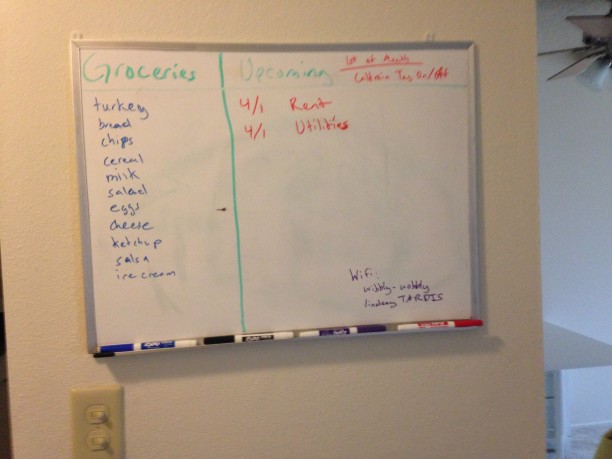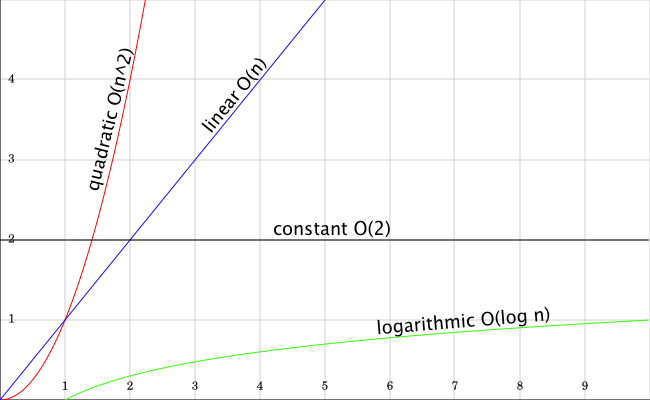Bored Again - Time to Create
On Repeat
Tomorrow is my three-month reunion for Hack Reactor. I’ve done some cool things since I graduated, but I’m still not doing everything I wanted to. I want to be the change I want to see in the world, or however that goes. I just became a mentor for Hackbright Academy so I feel a little less adrift without a social purpose, but I’m still itching to create things.
I’ve started knitting again, but it’s not solving the itch. I have half-finished things on the needles again, but I’m still bored. I think there is no hope for me. I just need to be coding.
About a year ago. I was sitting in a crappy gelato shop in downtown Burlingame with two of my best friends who already lived in California. I was still living and working in Oregon, but I knew I needed to be moving on soon. I was getting restless. That day we made a pact, all of us before this crazy thing called a dream turned us into a software engineer, a software engineer, and a novel writer. We were The Clever Girls and we were going to create something amazing together eventually. Part of that dream is how I ended up down here and now I’m realizing I need to start doing my share.
So I’m going to dive back into programming completely solo, completely public, with my work, as shitty as a lot of it probably is, committed for all to see on Github. I hope soon the three of us can get back on the same page and actually make something amazing. For now I’ll just leave you with the copy I wrote for a fake starter page a year ago when The Clever Girls were still fresh in my mind:
“Computing is too important to be left to men.”
Karen Spärck Jones
Women are underrepresented in computing not because they aren’t good with computers but because they are never given the opportunity to fall in love with them. The Code Girls‘ goal is to create fun, educational games geared toward younger girls that will teach them the basics of how programs work. Using an easily readable language like Python, girls will code their way through the platform challenges and create fully functioning programs as they progress.
Code Girls present Octavia and the Clockwork Code is the first game in the series. It tells the tale of 12-year-old Octavia, a precocious tween who sets out to win a mechanical competition. Along the way she codes her way through puzzles and helps out friends and competition alike.
The Code Girls is a fledgling startup created by three women who are passionate about women in computing.
Lindsey - The Creator
Founder, primary coder and herder of cats. Lindsey always wanted a game like this when she was growing up. Now that she’s technically grown up, she decided to take the idea into her own hands.
Ava - The Teacher
Our resident little girl expert. Ava has a Masters in Education and a passion for teaching children using methods that create a deeper understanding.
Alyssa - The Storyteller
World builder and character flaw creator. Alyssa creates and drives the stories we tell. She lives and breathes the Code Girl worlds.


